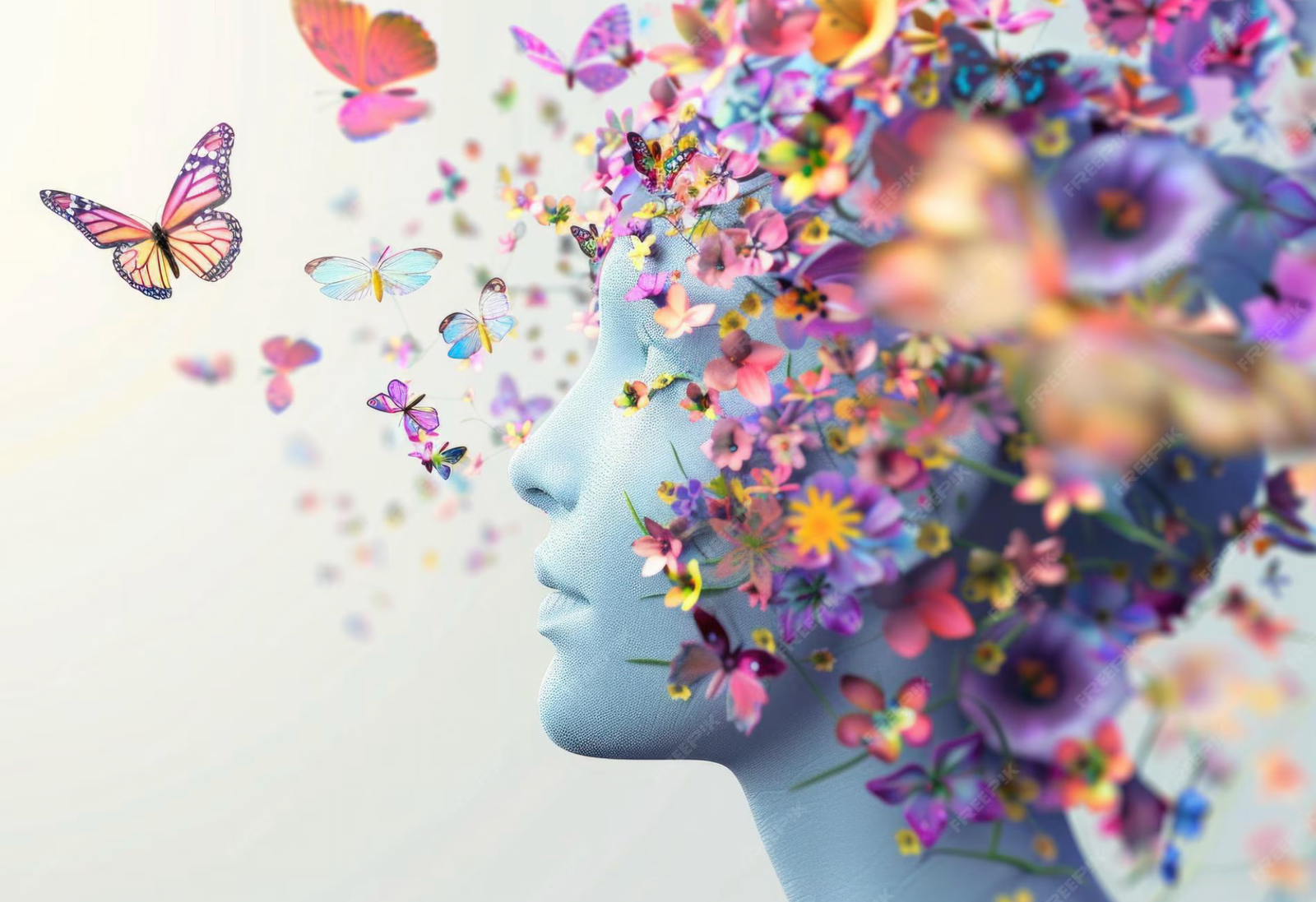OpenAI’s newly released data from October 2025 highlights a concerning intersection between ChatGPT usage and mental health crises, revealing that hundreds of thousands of users may display signs of serious psychiatric symptoms, including psychosis, mania, and suicidal ideation, in any given week. This data, derived from over 800 million weekly active users, indicates roughly 0.07% of users show potential signs of psychosis or mania, and about 0.15% engage in conversations that suggest explicit suicidal planning or emotional overdependence on the AI chatbot. These findings have provoked widespread discussion among clinicians, researchers, and ethicists about the potential risks and benefits of AI chatbots like ChatGPT in mental health contexts.
Key Data and User Impact
OpenAI estimates that approximately 560,000 users weekly exhibit potential psychotic or manic symptoms, while more than 1.2 million users engage in dialogues expressing suicidal ideation or elevated emotional attachment to ChatGPT, potentially at the expense of real-world relationships. The emotional dependence category signals a safety risk whereby users rely excessively on ChatGPT rather than seeking human support, exacerbating feelings of isolation and distress.
Scientific and Clinical Collaboration
This data results from OpenAI’s collaboration with more than 170 mental health professionals, including psychiatrists, psychologists, and primary care physicians worldwide. Working together, they have developed response protocols for ChatGPT, aiming to detect distress signals more accurately and guide vulnerable users toward professional help. Enhancements in the latest GPT-5 model have led to a 65%-80% reduction in inadequate or harmful responses during flagged mental health conversations compared to previous iterations.
Research on Compulsive Use and Mental Health
Complementing OpenAI’s findings, a peer-reviewed study demonstrates that compulsive ChatGPT usage correlates strongly with increased anxiety, burnout, and sleep disturbance. Anxiety mediates the relationship between compulsive use and burnout, while both anxiety and burnout contribute to sleep problems, indicating the complex psychological strain associated with excessive reliance on AI chatbots.
Professional and Ethical Concerns
Mental health experts caution that despite the seemingly low percentages, the absolute number of individuals affected is alarmingly large. There is growing scrutiny of AI chatbots for potentially reinforcing delusions, fostering unhealthy attachments, and violating established mental health ethical standards through their responses. Studies reveal that chatbots may inadvertently provide misleading or sycophantic feedback, escalating vulnerable users’ negative beliefs and emotional distress.
Ongoing Legal and Safety Measures
OpenAI continues to implement advanced safeguards, including parental controls, age detection, and benchmarks specific to emotional reliance and suicidal risk. Public discourse underscores the urgent need for transparent monitoring, ethical oversight, and public education on the limitations and appropriate uses of AI in mental health support. The evolving landscape calls for balancing AI’s benefits in expanding access to support with mitigating risks to vulnerable users.
Summary Table
| Indicator | Approximate Weekly Users | Percentage of Total Users |
|---|---|---|
| Signs of Psychosis/Mania | 560,000 | 0.07% |
| Suicidal Ideation/Planning | 1,200,000 | 0.15% |
| Emotional Overdependence | 1,200,000 | 0.15% |
These figures indicate a substantial segment of the global ChatGPT user base engaged with the chatbot under significant mental distress or developing excessive emotional reliance, highlighting the critical intersection between AI technology and mental health domains.
In conclusion, OpenAI’s October 2025 data reveals that while ChatGPT offers unprecedented conversational support to hundreds of millions globally, a meaningful subset of users manifest severe mental health symptoms or risky dependencies during interaction. The improvements made with GPT-5 mark essential progress in AI safety, but ongoing research, ethical vigilance, and robust user safeguards remain paramount to prevent harm and harness AI’s potential to complement conventional mental health care responsibly.
Where to Find Help
If you or someone you know is struggling or showing signs of distress while using ChatGPT, it’s vital to reach out for support from qualified professionals. In the United States, the 9-8-8 Suicide & Crisis Lifeline offers free, confidential help 24/7. Simply call or text 9-8-8, or visit 988lifeline.org. Globally, ChatGPT is expanding localized resources and continues to guide users toward crisis lines and mental health hotlines relevant to their region. For additional support, consider reputable platforms like ReachLink (reachlink.com), which connects individuals with licensed therapists, or Woebot Health (woebothealth.com), which specializes in AI-supported, clinically validated mental health tools. Remember, while AI can offer a supportive listening space, professional human care is essential for persistent distress or any risk of self-harm. You’re not alone, help is always available, and taking the step to reach out is brave and important for your well-being.





